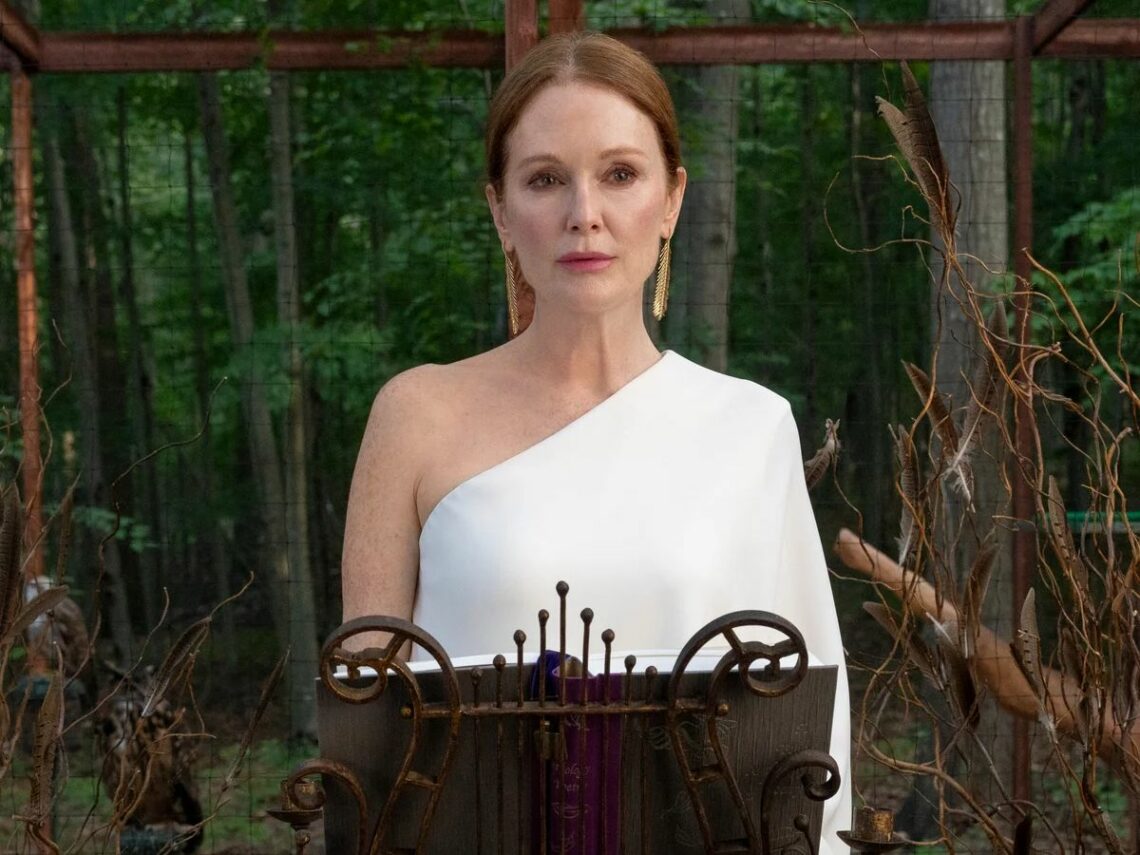
Julianne Moore’s four favourite movies of all time: “That’s the one that I like best”
Julianne Moore is not the type to chase trends. She has built her career on choices, bold ones, smart ones, and sometimes, ones that make people uncomfortable. She is the actress directors call when they need truth on screen, not polish.
So when someone like her shares her favourite films, it is worth paying attention. These are not safe or crowd-pleasing picks. They are layered, emotionally loaded, and often brutally honest. No fluff. No filler.
Her list speaks volumes about the kind of stories she gravitates towards, the ones that sit with you long after they end. The ones that ask you to feel, even when it is messy or hard. Films that are more than just “good.” They are unforgettable.
These are not just movies she liked. They are the ones she respects. The ones that shaped her. And frankly, after reading her list, it is easy to see why Julianne Moore remains one of the most fearless names in film.
Francis Ford Coppola’s The Godfather Part II is often hailed as one of the greatest sequels ever made. Moore agrees, stating, “That’s the one that I like best.” This film delves deeper into the Corleone family saga, exploring themes of power, betrayal, and legacy. It is a masterclass in storytelling, with performances that are both subtle and intense. Moore’s appreciation for this film underscores her affinity for narratives that are rich in character development and moral complexity.
Next up is Agnès Varda’s Vagabond, and it is a stark, unflinching portrayal of a young woman’s journey through rural France. The film’s fragmented narrative and documentary-style realism offer a poignant exploration of freedom and societal detachment. Moore’s admiration for Vagabond highlights her respect for films that challenge traditional storytelling and delve into the human condition with honesty and grit.
Roman Polanski’s Rosemary’s Baby is a psychological horror that masterfully builds tension and paranoia. Moore has expressed her enduring love for the film, saying, “I’ll never not love that movie.” The film’s unsettling atmosphere and exploration of autonomy and trust resonate deeply, reflecting Moore’s appreciation for stories that blend genre with profound psychological insight.
The Safdie Brothers’ Good Time is a frenetic, gritty thriller that captures the desperation and chaos of its protagonist’s night-long odyssey. Moore’s inclusion of this film in her favorites showcases her admiration for contemporary cinema that pushes boundaries and immerses viewers in intense, character-driven narratives. The film’s raw energy and moral ambiguity align with the themes Moore often explores in her own work.